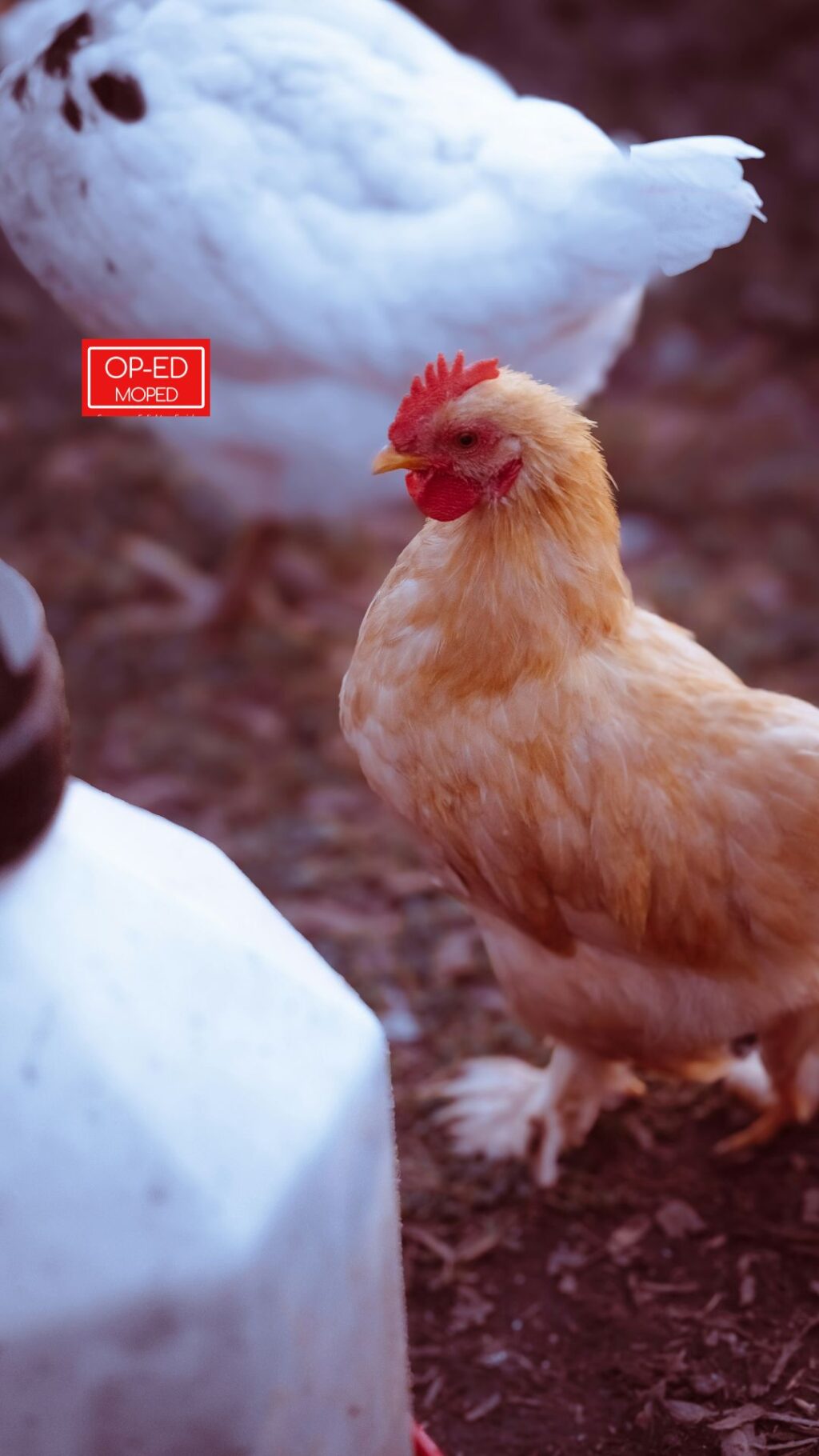
Bird Flu in Humans: Understanding the Risks, Symptoms, and Safety Tips
Bird flu, also known as avian influenza, is a viral infection that primarily affects birds but can occasionally jump species and infect humans. With rising cases in parts of the world, it’s essential to understand how bird flu spreads, its symptoms, and how to protect yourself and your family.
What is Bird Flu?
Bird flu is caused by influenza viruses that occur naturally among wild aquatic birds and can infect domestic poultry. While most strains don’t infect humans, some, like H5N1 and H7N9, have been reported in human cases, sometimes with severe outcomes.
How Does Bird Flu Spread to Humans?
Humans typically contract bird flu through:
- Direct contact with infected birds (alive or dead)
- Exposure to bird droppings or secretions from eyes or respiratory tract
- Handling contaminated poultry products
- Visiting live bird markets or infected farms
- Human-to-human transmission is extremely rare.
Symptoms of Bird Flu in Humans
Bird flu symptoms can appear within 2 to 8 days of exposure. They include:
- High fever
- Cough and sore throat
- Muscle aches
- Shortness of breath
- Eye irritation (in some cases)
Severe cases can lead to pneumonia, acute respiratory distress, organ failure, and even death.
Who Is at Risk?
Certain groups are more vulnerable:
- Poultry farm workers
- Veterinarians
- People handling live birds
- Individuals with weakened immune systems
What to Eat and Avoid During an Outbreak
You can stay safe by following food safety practices:
Safe to Eat:
- Thoroughly cooked poultry (internal temperature of 70°C or 158°F)
- Hard-boiled eggs
- Washed fruits and vegetables
- Pasteurized dairy products
Avoid:
- Raw or undercooked chicken or eggs
- Dishes with runny yolks
- Contact with live birds or poultry in open markets
How to Prevent Bird Flu
- Avoid direct contact with birds, especially in outbreak areas
- Maintain good hand hygiene
- Use protective gear when handling poultry
- Disinfect surfaces that come into contact with raw meat or eggs
- Stay informed through health authority updates
Treatment and Vaccination
While there’s no vaccine for widespread human use yet, antiviral drugs like oseltamivir (Tamiflu) and zanamivir can help if taken early.
Global Impact and Monitoring
Bird flu affects not just public health but also agriculture and trade. Outbreaks often lead to mass culling of poultry, economic losses, and tightened import/export restrictions. Health authorities like the WHO and CDC monitor outbreaks closely to prevent widespread transmission.
Final Thoughts
Although rare in humans, bird flu is a serious condition that requires awareness and preventive measures. By practicing good hygiene, handling food properly, and staying updated, you can significantly reduce your risk and contribute to community health.



